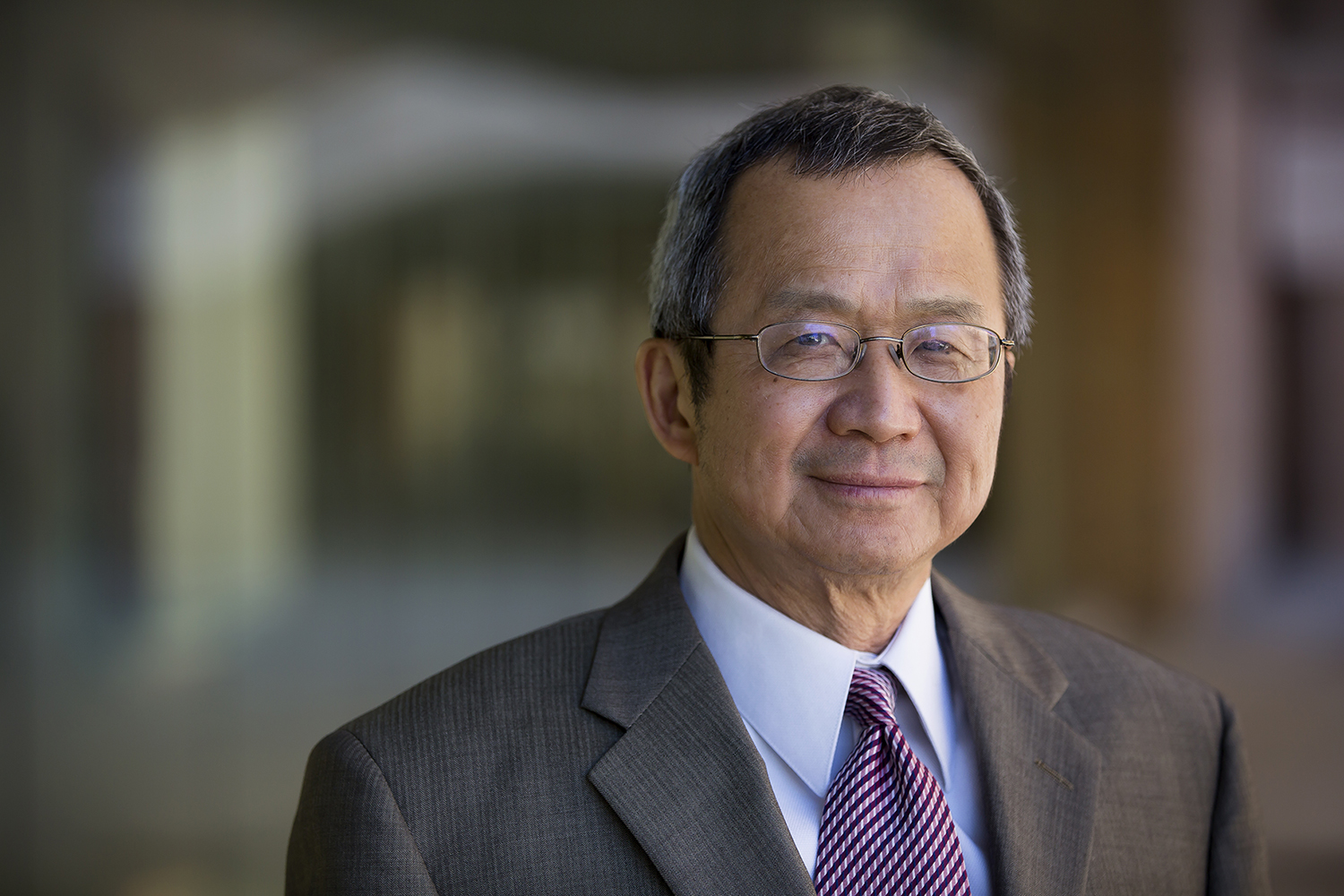Professor Leung Tsang Receives 2018 Van de Hulst Award

 Enlarge
Enlarge
Professor Leung Tsang has been selected to receive the 2018 Van de Hulst Light-Scattering Award in recognition of his lifetime achievements in the area of electromagnetics.
Prof. Tsang is a world-renowned expert in the field of theoretical and computational electromagnetics, and in particular microwave remote sensing of the earth. His research interests include: wave propagation and scattering, random media, rough surfaces with applications in environmental remote sensing; computational electromagnetics; signal integrity, electromagnetic compatibility; and plasmonics.
His research has laid the foundation for the analysis of radar and radiometer remote sensing data and for the development of airborne and spaceborne systems aimed at monitoring the environment, including monitoring climate change, improving hydrological predictions, and managing water and agricultural resources.
He has written more than 300 journal articles and authored four books, including Theory of Microwave Remote Sensing. He has graduated 28 PhD students.
Prof. Tsang has received numerous awards, including the IEEE Electromagnetics Award, the William T. Pecora Award, the Golden Florin Award from the IEEE Geoscience and Remote Sensing Society (GRSS) as well as the Distinguished Achievement and Outstanding Service Awards from GRSS, and the IEEE Third Millennium Medal.
He was the Editor-in-Chief of the IEEE Transactions on Geoscience and Remote Sensing (1996-2000) and President of IEEE Geoscience and Remote Sensing Society (2006-2007). He has also served as General Chair of the 1998 IEEE Geoscience and Remote Sensing Symposium. Since April 2008, he has been the President of the Electromagnetics Academy. He is a Fellow of IEEE, OSA, and the Electromagnetics Academy.
Prof. Tsang joined the University of Michigan in 2015. Prior to this, he was a professor of electrical engineering at the University of Washington, where he was also Department Chair of Electrical Engineering (2006-2011).
Prof. Tsang will be presented with the award at the 2018 Conference on Electromagnetic and Light Scattering, where he will also present the Van de Hulst Lecture. He will also write a special article on the state of the art in electromagnetic scattering by random media and rough surfaces.
About the Award
The Hendrik C. van de Hulst Light-Scattering Award, initiated in 2011, celebrates “the lifetime achievements of an individual scientist who has made landmark contributions to the research field of electromagnetic scattering and its applications.” The Award is administered on behalf of Elsevier by the Editorial Board and Publisher of the Journal of Quantitative Spectroscopy and Radiative Transfer (JQSRT).
Hendrik van de Hulst (1918-2000) was a Dutch astronomer and mathematician, who predicted in 1944 “that the amount of neutral atomic hydrogen in interstellar space would be so great as to produce a measurable signal at the radio wavelength of 21 centimeters. This prediction led to a breakthrough in astronomical research.” Van de Hulst was the author of the classic book Light Scattering by Small Particles.
 MENU
MENU 
